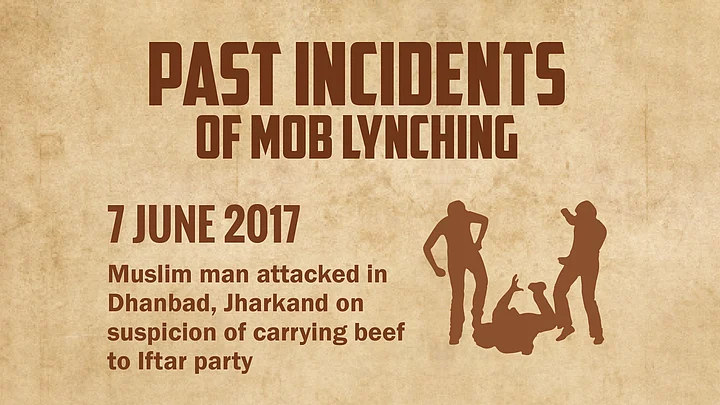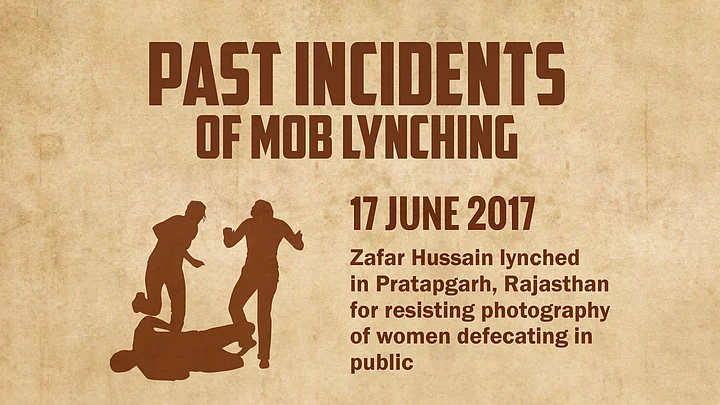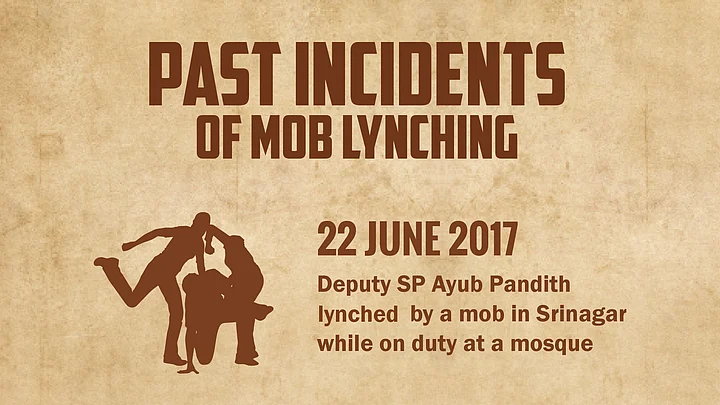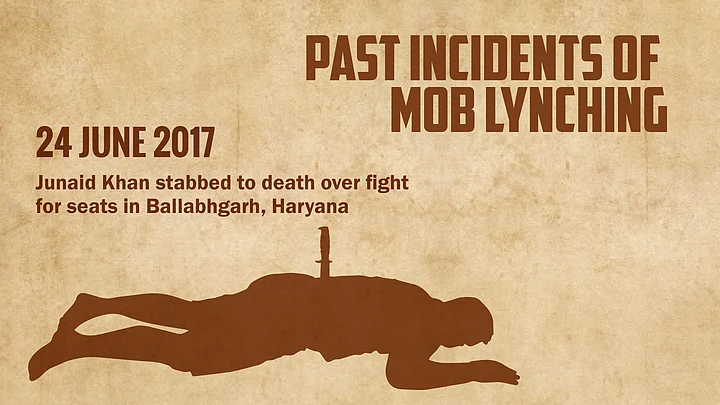On Friday, 7 July 2017, a group of people who came together only a month ago, will present to the public their proposal for a new law to help combat the rising waves of mob lynchings in our country.
The National Campaign Against Mob Lynching was founded by youth leaders Tehseen Poonawalla, Shehla Rashid, Kanhaiya Kumar and Jignesh Mewani last month, as a response to the rising number of mob lynchings.
Since then, the murders of DSP Ayub Pandith, Hafiz Junaid and Alimuddin, have taken place, which drew a strong response in the form of #NotInMyName protests. Even the Prime Minister finally broke his silence to condemn lynchings by self-proclaimed gau rakshaks.
A number of prominent figures have come out in support of MASUKA.
Prior to the launch of the Manav Suraksha Kanoon (MASUKA), prepared by a Drafting Committee headed by Senior Advocate Sanjay Hegde, we sat down with key figures behind the launch of the movement to discuss the problem and their hopes for MASUKA.
The biggest challenge to a law such as MASUKA is garnering the requisite political will, and fighting off the naysayers. Tehseen Poonawalla believes that:
Shehzad Poonawalla, a Congress member and lawyer, says that this is a bipartisan bill, not a political gimmick. He even suggests that there is cross-party support, with BJP MPs willing to table the bill as a private member's bill, if necessary.
Anas Tanwir, a lawyer who worked on the drafting of the bill, stresses that the bill does not discriminate on the basis of religion – all victims of lynching are covered under it.
There has been criticism from even more informed members of the public that this law is not the solution, but instead police reform is required.




